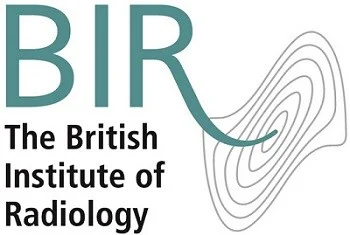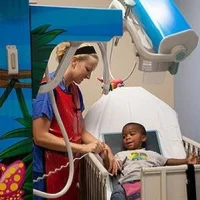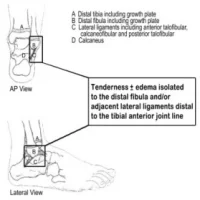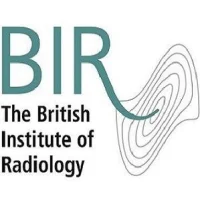The British Institute of Radiology (BIR) supports the Academy of Medical Royal Colleges work programme on the “Choosing Wisely” initiative to encourage doctors to consider the value of treatments and avoid “over medicalising” patients.
The BIR agrees that, for a range of reasons inappropriate clinical interventions are made which are not evidence based and which do not help with patient management or wellbeing. However, this may be due to caution by the clinician and/or patient pressure to act and intervene. This can be overcome by education and an honest discussion with the patient about the treatment options which should include a ‘watch and wait’ policy where appropriate.
Education amongst imaging referrers is vital and begins with training in radiation and radiation protection commencing at medical school to highlight the potential harmful effects of radiation and the appropriate use of imaging investigations.
Within radiology and radiation oncology, there are robust systems, procedures and checks in place to prevent patient receiving inappropriate tests. However, we encourage continued education to safeguard against the requesting inappropriate referrals.
Safeguards in place within imaging include:
The BIR calls for greater understanding and knowledge in this area and supports the new EU Directive to increase the education of physicians throughout their training in medical radiation issues.
Source and image credit: British Institute of Radiology
The BIR agrees that, for a range of reasons inappropriate clinical interventions are made which are not evidence based and which do not help with patient management or wellbeing. However, this may be due to caution by the clinician and/or patient pressure to act and intervene. This can be overcome by education and an honest discussion with the patient about the treatment options which should include a ‘watch and wait’ policy where appropriate.
Education amongst imaging referrers is vital and begins with training in radiation and radiation protection commencing at medical school to highlight the potential harmful effects of radiation and the appropriate use of imaging investigations.
Within radiology and radiation oncology, there are robust systems, procedures and checks in place to prevent patient receiving inappropriate tests. However, we encourage continued education to safeguard against the requesting inappropriate referrals.
Safeguards in place within imaging include:
- The radiologist justifying each and every medical exposure based upon the patient’s specific condition using a risk benefit strategy.
- Appropriate training for Radiologists and Nuclear Medicine Physicians including Ionising Radiation (Medical Exposure) Regulations (IRMER) training and Administration of Radioactive Substances Advisory Committee (ARSAC) certification.
The BIR calls for greater understanding and knowledge in this area and supports the new EU Directive to increase the education of physicians throughout their training in medical radiation issues.
Source and image credit: British Institute of Radiology
Latest Articles
healthmanagement, British Institute of Radiology, training, Academy of Medical Royal Colleges, radiation, Choosing Wisely
The British Institute of Radiology supports the Academy of Medical Royal Colleges work programme on the “Choosing Wisely” initiative to encourage doctors to consider the value of treatments and avoid “over medicalising” patients.










